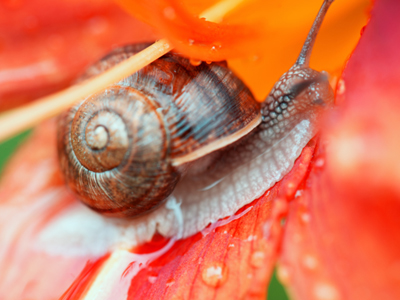
The snail moved slowly.
Suffixes
Get ready for a fun KS2 English quiz all about suffixes! Suffixes are like magical word endings that can change the meaning of a word. Take '-ly', for example - add it to 'slow', and you get 'slowly', turning an adjective into an adverb.
Adverbs, like 'slowly', make writing more exciting. They describe how things happen. Imagine a snail moving. Now, add 'slowly' to 'moved': The snail moved slowly. See how it paints a picture? Test your suffix skills in this quiz and make your writing even more magical!
Discover the Joy of Learning Together with QuizzesTo see a larger image, click on the picture.
1 .
3 .
4 .
5 .
6 .
7 .
8 .
9 .
**Unlimited Quizzes Await You! 🚀**
Hey there, quiz champ! 🌟 You've already tackled today's free questions.
Ready for more?
Ready for more?
🔓 Unlock UNLIMITED Quizzes and challenge yourself every day. But that's
not all...
not all...
🔥 As a Subscriber you can join our thrilling "Daily Streak" against other
quizzers. Try to win a coveted spot on our Hall of Fame Page.
quizzers. Try to win a coveted spot on our Hall of Fame Page.
Don't miss out! Join us now and keep the fun rolling. 🎉
**Unlimited Quizzes Await You! 🚀**
Hey there, quiz champ! 🌟 You've already tackled today's free questions. Ready for more?
🔓 Unlock UNLIMITED Quizzes and challenge yourself every day. But that's not all...
🔥 As a Subscriber you can join our thrilling "Daily Streak" against other quizzers. Try to win a coveted spot on our Hall of Fame Page.
Don't miss out! Join us now and keep the fun rolling. 🎉

















